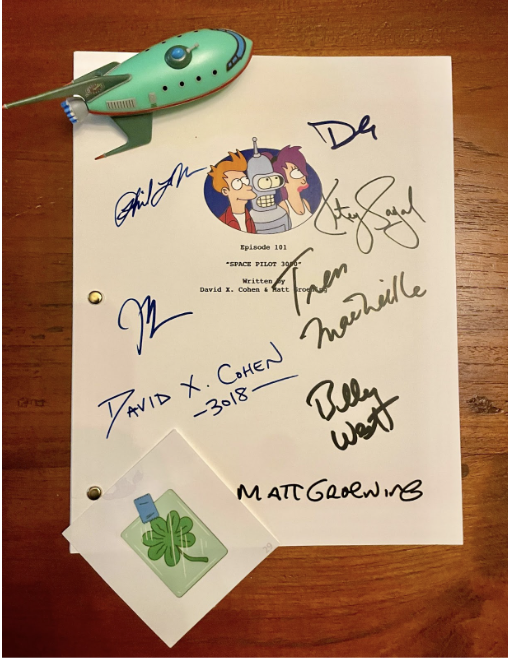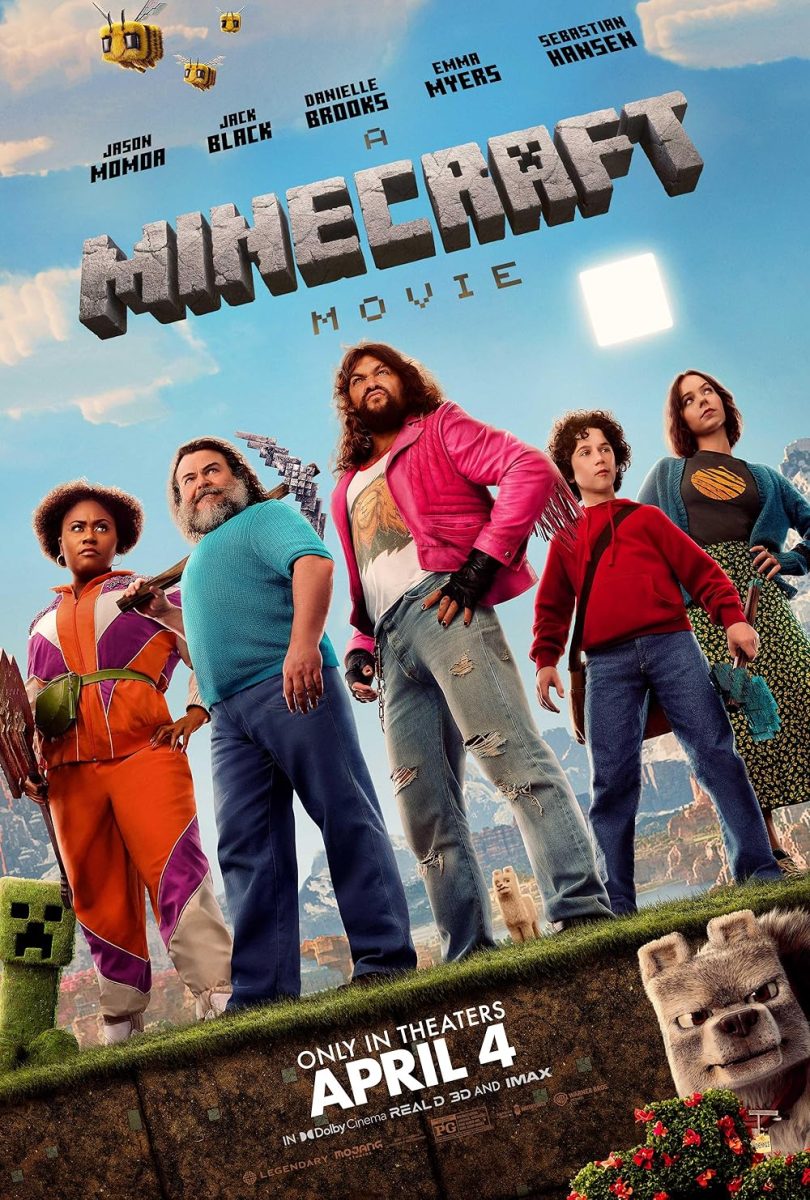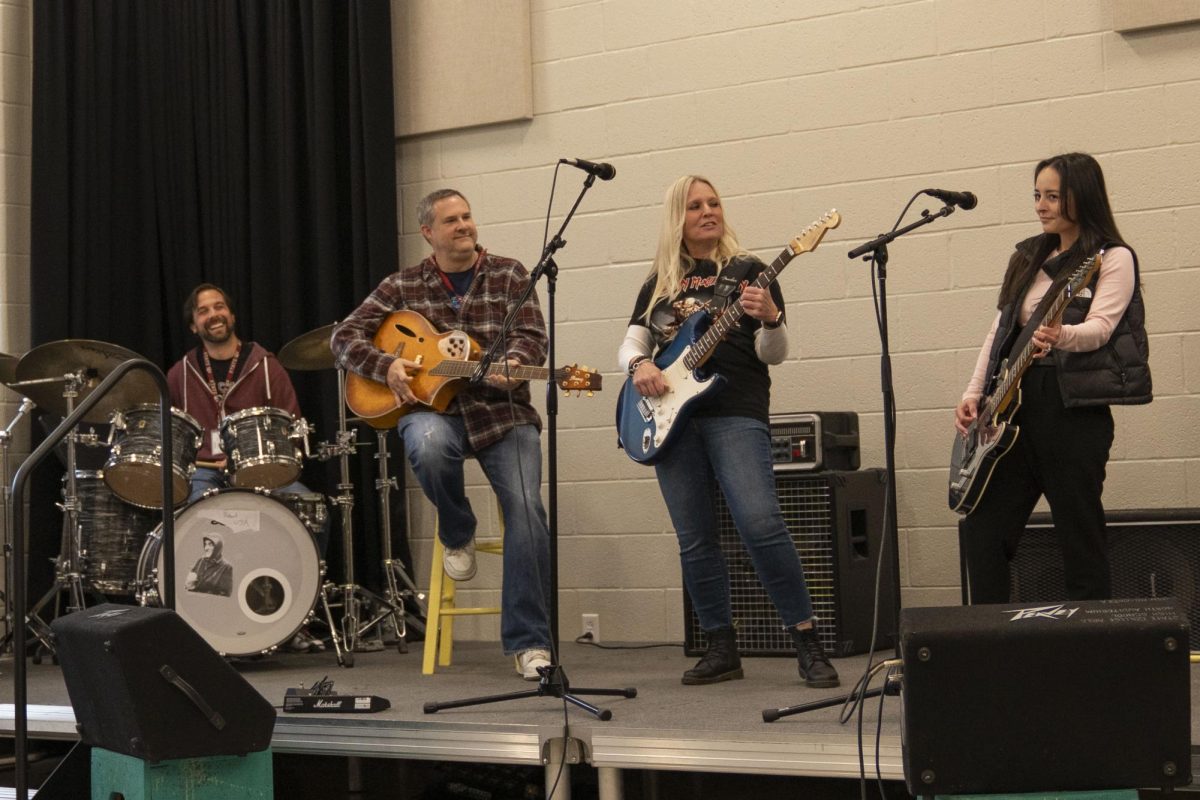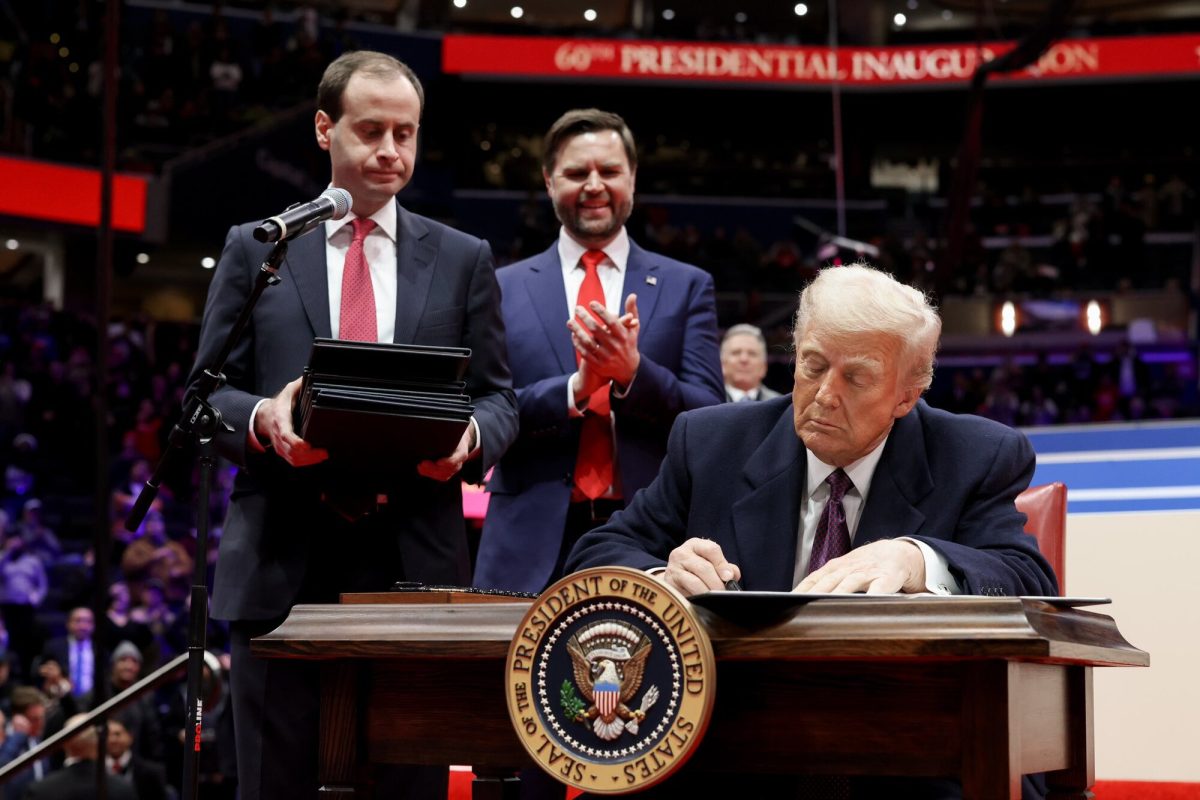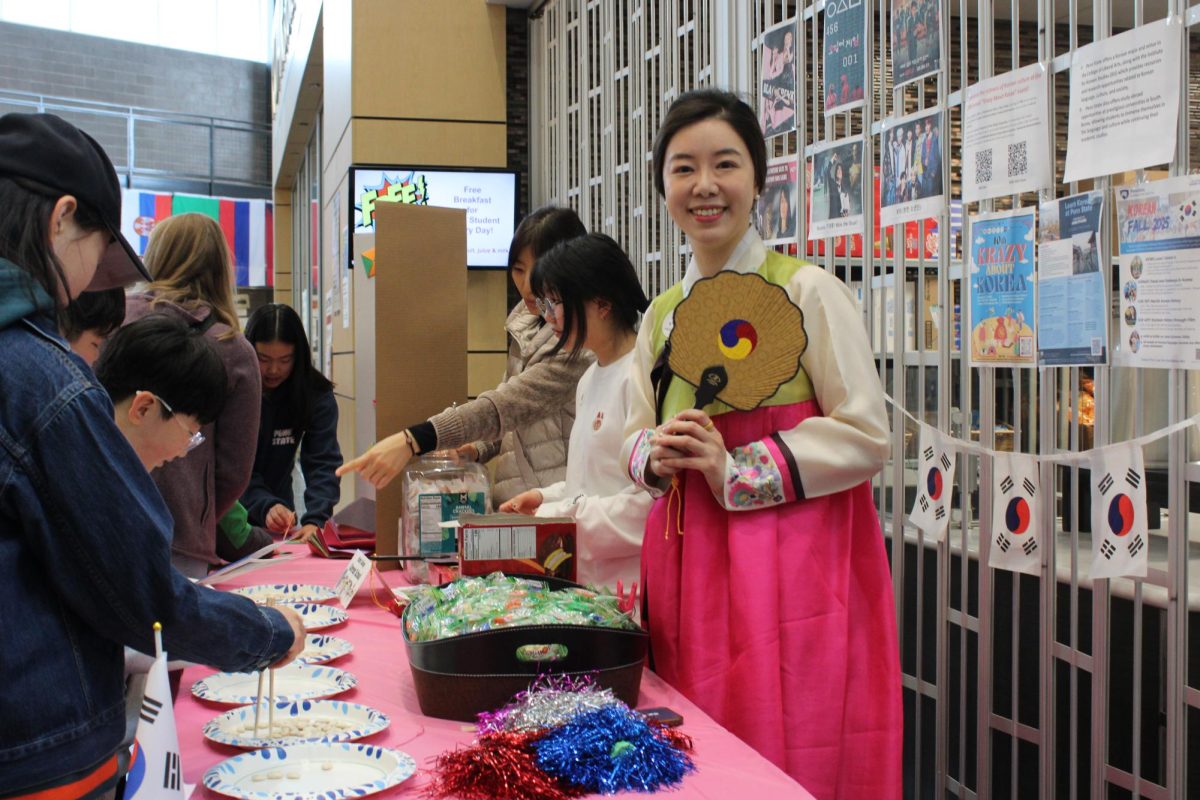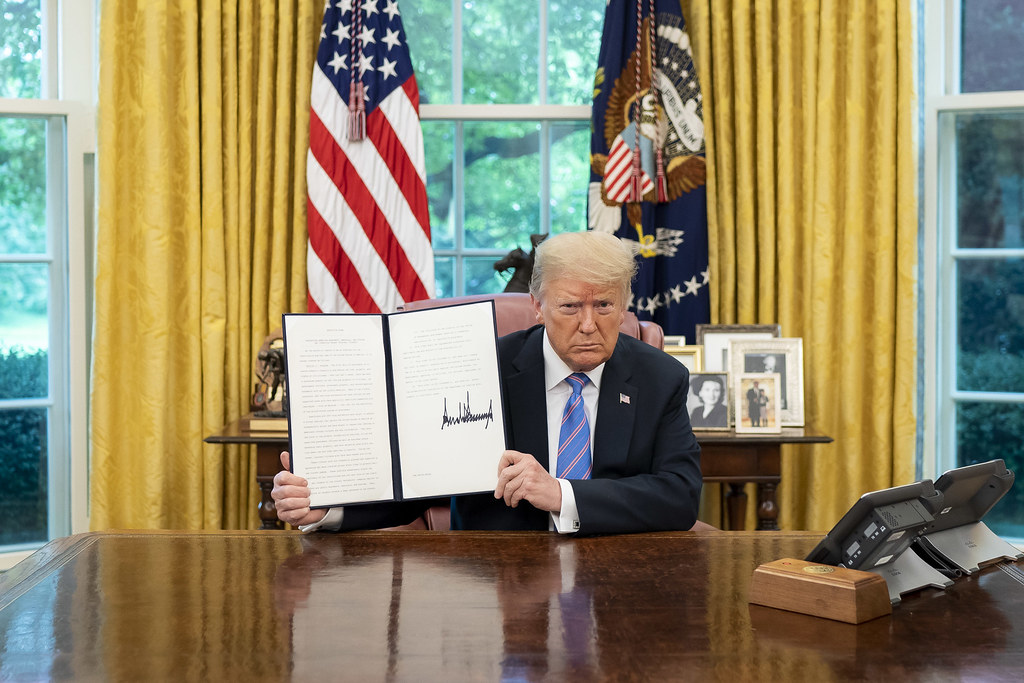“Futurama” is an animated sitcom with a dedicated cult following. Although not the most popular show in its genre, its influence has yet to be appreciated. With the recent airing of the final episode of its 11th season, the show once again captured the attention of fans and casual viewers alike.
The show originally aired from 1999-2003 for five seasons on 20th Century Fox, which also produced four “Futurama” movies that aired as season six between 2007 and 2009. The show then ran on Comedy Central from 2010-2013 for four seasons, and the show’s eleventh season began airing on Hulu with the same cast in July 2023.
Across seasons, “Futurama’s” distinguishing feature is its sci-fi elements. The show follows the Planet Express Crew, which includes humans, mutants, aliens, and robots in the year 3000. As a result, the show allows for a whole new world of comedic opportunities as the central human character, Philip J. Fry, time-travels from Dec. 31, 1999.
PSU professor Michael Steudeman, a fan of the 20th-Century Fox era show, cites the setting as “the biggest thing that separated it from shows like ‘The Simpsons’ because it opened up all kinds of science fiction tropes.”
Percephany Devier-Pondexter, a senior at State High who has seen every episode, remains invested in Fry’s struggles to adapt to the 31st century.
“I love Fry’s character. I love the whole idea of him being frozen and then coming back to life years later and having to adapt to a whole new life,” Devier-Pondexter stated.
While Fry is a man lost in time, his love interest, Leela, is the only one-eyed humanoid on Earth, and his best friend, Bender, is a robot. Throughout the show, the characters discover who they are through each other and the world around them, learning more about themselves as outcasts, which actually draws them to know more about each other.
For that reason, Steudeman argues that the show works as an assimilation metaphor.
“On some level, it’s almost a story about assimilation and a person’s struggle to assimilate into a completely different culture,” Steudeman said.
“Obviously, it’s the same culture, but years in the future. And a lot of the themes are similar to the stories you would see in a story about immigrants moving to a new location.”
This perspective extends beyond Fry, Leela, and Bender to the expanded cast, which includes Professor Hubert Farnsworth (human) , John Zoidberg (alien), Amy Wong (human), and Hermes Conrad (human).
Devier-Pondexter considers the subversion of the conventional family tropes as one quality that makes the show special.
“You can find a lot of animated shows involving families,” she noted. With “Futurama,” however, “it was a family of friends.”
As a found family, characters in “Futurama” interact in unexpected and even absurdist ways that many likely wouldn’t see a typical family react in, making the show stand out even more.
For Steudeman, the absurdist elements work to the show’s benefit. “Unlike a ‘Family Guy‘ callback to a conversation with Richard Nixon,” Steudeman argued.“In ‘Futurama,’ they’re able to work in the floating head of Richard Nixon as a plot device and a character. And it’s still a callback to a historical thing for the sake of a joke.”
When asked about the show’s revival, Steudeman and Devier-Pondexter agree that as we move further into the 2000s, the message of the show gains relevance as we all cope with feeling like we’re entering a new era.
“The world has transformed around me,” Steudeman noted, “I’ve tried to keep up with it, but I think there’s a bewildering sense of, like, whoa. The world is shifted, and I don’t even really know how to make sense of it anymore. And I think in that sense I really identify with Fry’s experience on the show. And looking back on it, it’s that’s probably as an adult why I look back on the show in a fond way, though I haven’t seen it in a long time, is because I just still relate with his experience of being out of place in a completely technologically transformed universe.”
Devier-Pondexter also points to the disorientation of our times as a reason why the show’s revival makes sense.
“Everything is so fast,” she noted, “it can be hard to keep up, and it can be hard to reflect a lot of the time. So I think that, in a way, as time goes on, the show is getting more relatable. And, I think that’s what the creators would’ve wanted.”
“Futurama” is by no means a perfect show. However, it stands out in the realm of adult animation for its absurdist humor and heart.


